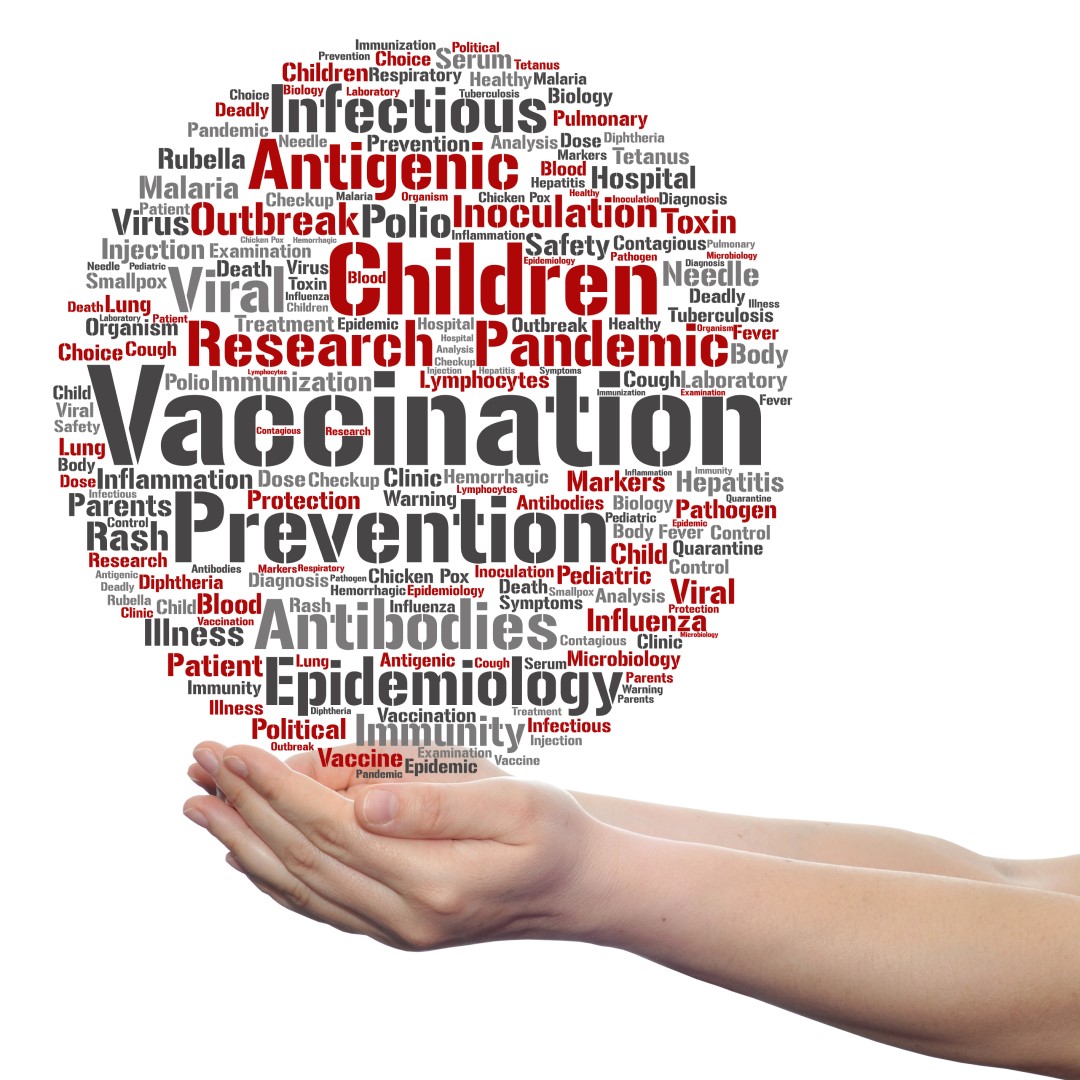
Amid multi-state measles outbreak, Poll Shows 79% of Americans support routine childhood vaccine requirements
On Jun. 25, 2025, in the midst of a multi-state measles outbreak, a poll by Harvard T.H. Chan School of Public Health and the de Beaumont Foundation finds that most U.S. adults (79%) say parents should be required to have children vaccinated against preventable diseases like measles, mumps, and rubella to attend school.
This includes a majority of adults across party lines—90% among Democrats and 68% among Republicans—as well as 66% of those who support the “Make America Great Again” (MAGA) movement. It also includes 72% of all parents. Among all U.S. adults, about one in five (21%) do not support routine childhood vaccine requirements.
The poll was conducted from March 10 to March 31, 2025, among a probability-based, nationally representative sample of 2,509 U.S. adults age 18 and older. At the time the poll was conducted, the measles outbreak was in its third month and had spread to multiple states. The poll was supported by the Robert Wood Johnson Foundation and the de Beaumont Foundation.
Among the 79% who support routine childhood vaccine requirements, the vast majority cite vaccine effectiveness (90%) and family responsibilities to keep schools safe (87%) as major reasons. Those who support requirements also commonly say that major reasons are that they think diseases like measles will come back if vaccines are no longer required (84%), vaccine requirements are important to protect children who cannot get vaccinated for medical reasons (81%), and routine vaccines have been proven safe because they are well-tested (80%) and have been around so long (76%).
The poll found that 91% of the public believes that vaccines for childhood preventable diseases are safe for most children. This includes 63% who believe vaccines are very safe and 28% who believe they are somewhat safe. Only 5% and 4% believe they are not very safe or not at all safe, respectively.
Tags:
Source: Harvard T.H. Chan School of Public Health
Credit:
